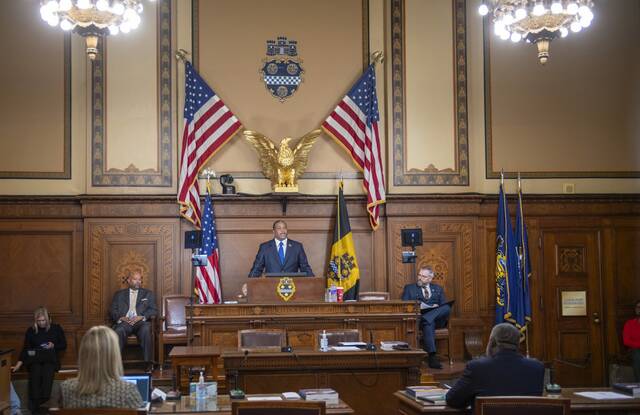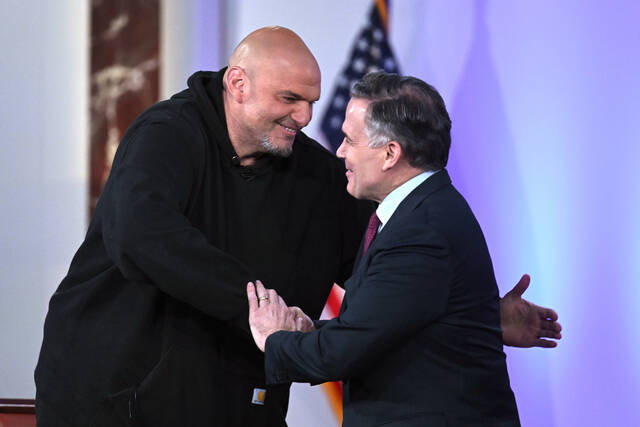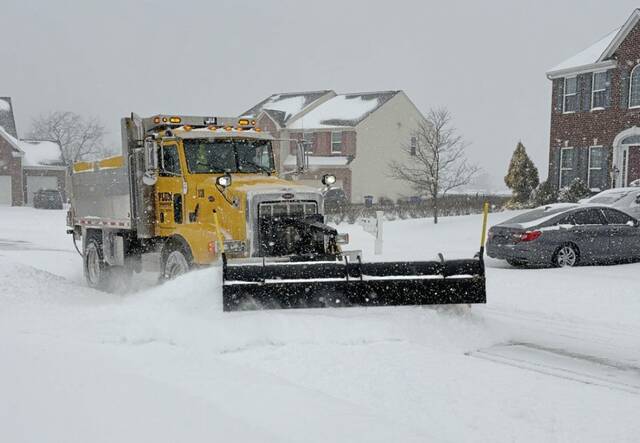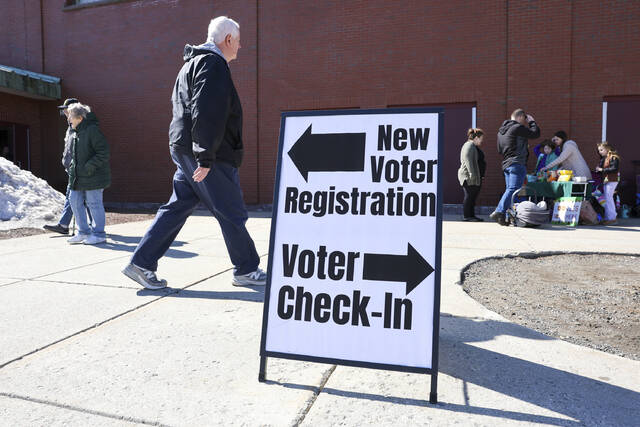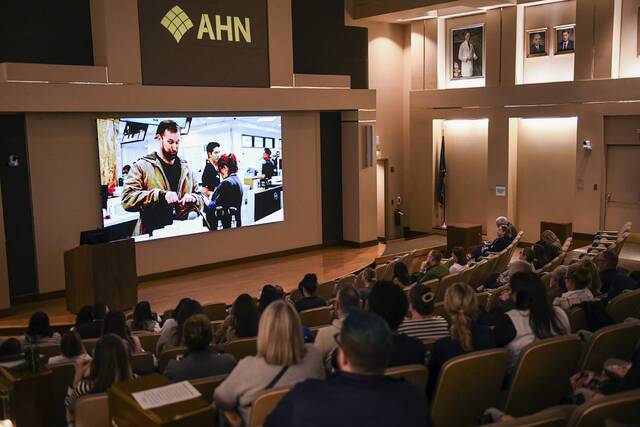Pittsburgh Mayor Ed Gainey wants to focus on the core services the city provides to residents.
That was the tentpole idea of his 2025 budget, presented Tuesday.
Good. The administration needs to beef up those aspects that keep the city functioning. Traffic needs to be kept moving. Bridges need to be maintained. Snow needs to be plowed. Roads need to be paved. All of those things that get people through their daily lives need to be provided seamlessly.
The mayor’s budget proposal also is more fiscally conservative than the 2024 plan. At $665 million, it comes in 3% under the current year’s budget. That might not seem like a lot compared to the whole, but $21 million is a considerable amount of money.
The question is whether the focus on central issues and a lower total budget will be enough.
In May, Pittsburgh Controller Rachael Heisler issued the city’s annual comprehensive financial report with grave concerns about where things were headed.
“Expenditures are outpacing revenues. Period,” she said then.
But, Tuesday, Heisler signed off on Gainey’s projections of $668 million in revenue in 2025. That means more than enough anticipated to cover expenses.
There are two potential problem areas, however.
First is the city’s declining population, which can cause a corresponding decrease in earned income tax. Then there’s the facility usage fee, a tax assessed on out-of-town pro athletes and others performing at Acrisure Stadium, PNC Park and PPG Paints Arena. Legal challenges to that fee mean the millions it can generate annually might need to be replaced or could leave a hole in the city’s revenue.
Regardless, the proposed budget comes with no tax increase. Its trims come by paring things from the budget that aren’t felt. For instance, there are only 800 police officers on the books for 2025. That might be down 100 cops from what officials would like, but it also budgets for 50 more than the city has at the moment.
The budget seems realistic but also reflects real needs. Could it generate more revenue? Could it cut closer to the bone? Yes and yes. But would that serve the people of Pittsburgh better? Gainey, facing his first reelection campaign, is betting it wouldn’t.


